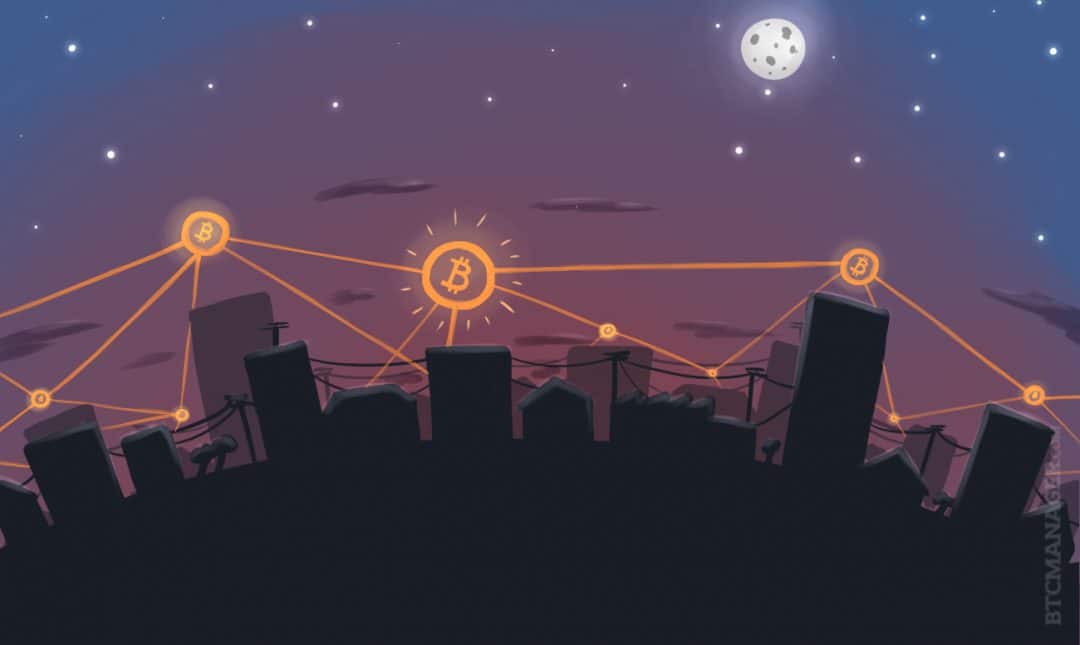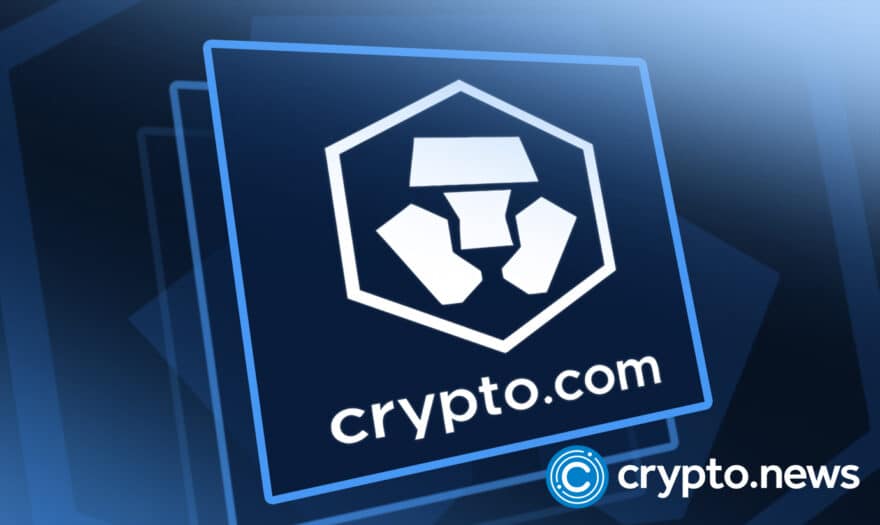Hold Bitcoin? Return the Favor By Running a Node

As the New Year began, we were able to witness the price of bitcoin surpass the $1000 mark for the first time in a little over three years. With the price rise putting bitcoin back into the limelight of mass media, once again interest has been sparked in the cryptocurrency beyond the scope of its community.
Topics such as where the price will rally to this year, safe bitcoin storage, Bitcoin regulations, Bitcoin scalability and the future of the Bitcoin blockchain are being discussed now more than ever as the price moves toward new all-time highs.
If you have been holding bitcoin and have been benefiting financially from the growth of the Bitcoin economy and the increase in demand for the digital currency, it does beg the question; “Should you “repay” the Bitcoin network through enabling bitcoin transactions by running a Bitcoin node?”
What is a Bitcoin Node?
A Bitcoin node, also known as a full node, is a program that validates transactions and blocks in the Bitcoin blockchain. Nodes are necessary to enable the Bitcoin network as they verify transactions, the creation of the new blocks and check them against the Bitcoin Core consensus rules. Currently, there are over 5500 full nodes supporting the Bitcoin network according to Bitnodes.
If there were not enough nodes supporting the blockchain by communicating with one another to confirm transactions, the entire peer-to-peer Bitcoin network would cease to function. Hence, it is vital that enough members of the bitcoin community offer their computing power and bandwidth to maintain the Bitcoin network.
How to run a Bitcoin Node?
If you want to support the Bitcoin network and play your part in its future existence, you could download a Bitcoin node onto your computer. The requirements to run a full node include; running the latest versions of Windows, Mac OS X or Linux, having at least 2 GB of memory (RAM), 125 GB of free disk space, a fast broadband internet connection without upload/download limits and around six hours a day that you can leave your node running.
If your computer meets these requirements, you can download the Bitcoin Core client from Bitcoin Core website’s downloads section for your particular operating system. While each operating system has a slightly different installation process, they all work in a similar way.
Firstly, you have the choice between using the Bitcoin Core GUI or the Bitcoin Core Daemon software to run for your node. It is up to you, which one you choose but you can only run one of them at the time. Once you have downloaded and installed one of them, adjust its settings so that it starts as soon as you turn on your computer.
Secondly, you need to enable inbound connections if you want to support the Bitcoin network. Initially, when the Bitcoin Core client starts it establishes eight connections, which it requires to download the latest transactions and blocks. If you are only intending on using the Bitcoin Core client as a bitcoin wallet, you do not need further connections. However, if you want to support to Bitcoin network you have to allow inbound transactions so that your node can communicate with other full nodes and lightweight clients in the network. While most routers will automatically allow for inbound connections, some firewalls may block them, so you will need to configure your router manually.
For detailed instructions on how to set up Bitcoin Core on your particular operating system, please check the Bitcoin Node section on Bitcoin Core’s website.
Should you Run a Full Node or Mine Bitcoins Instead?
Running a Bitcoin node enables the network to function by validating transactions and blocks in the Bitcoin blockchain. However, unlike for Bitcoin mining, there is no financial reward in the form of freshly mined bitcoin when running a full node. The decision to maintain a node on your computer needs to be primarily motivated by the desire to contribute to the continuity of the Bitcoin network. However, there are other benefits of running a full node as opposed to using a lightweight client. These advantages include increased privacy, trust, and security.
When using lightweight clients, such as mobile wallets, to store your bitcoins, you will have to declare personal information for verification purposes with most providers. That, in turn, reduces your level of privacy when it comes to your bitcoin transactions. Additionally, public addresses from third party wallet providers are traced more easily than those of your full node bitcoin wallet.
Furthermore, you can be certain that the Bitcoin network is not compromised when running a full node and that all transactions that are validated meet the network’s requirements. That means that there is no chance of double spending or any other inference in the blockchain. When only using a lightweight client as a wallet you do not have this level of trust in the blockchain.
Finally, when using your full node as your bitcoin wallet you are storing your coins on your computer as opposed to a third party. That means you have complete control and ownership of your coins, which decreases the chance of theft or loss due to operational failures at the third party wallet provider.
Bitcoin mining, on the other hand, is also an excellent way to support the Bitcoin network and to ensure its continuity. The incentive for bitcoin miners is the financial reward that is received in the form of new bitcoin every time they mine a new block. However, due to the increase in bitcoin mining difficulty levels and the amount of electricity required to run a bitcoin mining operation it is more profitable for individuals to only buy and hold bitcoin.
Unless you have access to very cheap electricity and the capital to invest in the latest mining hardware, it is tough to run a profitable mining operation despite bitcoin’s recent price rally.
Whether you want to run a full node or mine bitcoins to support the Bitcoin network is up to the individual. The fast-growing community will greatly appreciate any contribution to the ecosystem, such as using your resources to run a Bitcoin node.















